Home. It's the most emotive word in the English language.
This time of the year people start asking you, are you going home? And wherever you live in the world these days, home still means the same place, it still means Ireland.
Read more: What can Donald Trump and Brexit teach Ireland in 2019?
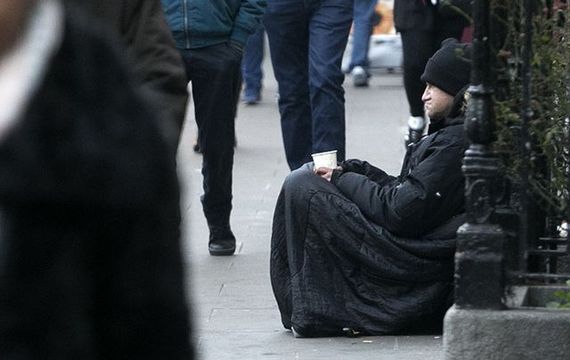
This Christmas, there are 4,000 Irish children who are homeless in their own country. 4,000. As well as being shameful and inexcusable, this outrageous development asks us all a timely question we must answer if home is still to mean Ireland in any sense at all.
What kind of Ireland can let its own children live in so much anxiety? What kind of people governs us now if they can let this occur? One homeless child is a tragedy, but 4,000 is a failure of government.
For a start, we'd do well to consider some of the basic facts about the increasing economic inequality in our country. According to Deutsche Bank, just 20 percent of the country owns 73 percent of its wealth. That's a startling figure. That demonstrates the kind of political clout 20 percent have on the rest of the nation.
And the bottom 20% of the nation, and that's 1.5 million of us by the way, own just a pathetic 0.2% of Ireland's wealth. Almost a century after independence, for over a million Irish citizens, it looks like the country has just changed landlords, or as Yeats put it, “The beggars have changed places but the lash goes on.”
Read more: It would take average folks 22 years to save enough for the deposit on a Dublin house
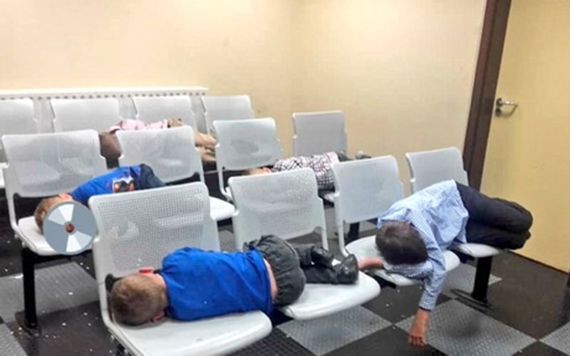
In the 19th century, the Irish actually took up arms to change this level of foundational inequality. Did we learn nothing from that long struggle? Are we going to permit a new, native-born, landlord class to make us all frightened tenants in our own country again?
No one is calling for the immediate overthrow of capitalism. No one is suggesting that the system itself be completely overhauled. But rents have exploded without reference to income, and landlords are protected by biting law as tenants are thrown onto the streets, and this is happening because of the power the few have over the many.
The issue is about the consolidation of that power. It is completely unchallenged and its only growing and the Irish homeless crisis is the inevitable result.
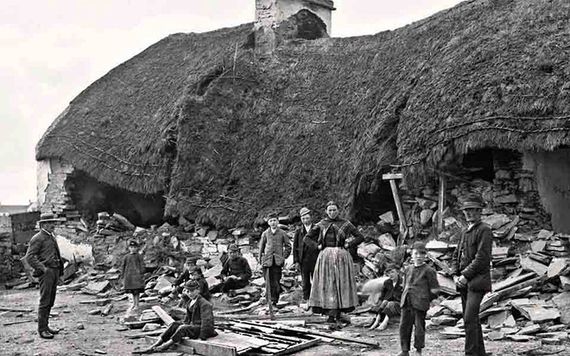
When the British ruled Ireland we could point to our exploitation and say that it was the result of a foreign and unfeeling colonial policy, so what can we say when we point to the thousands of homeless adults and children on our streets now?
Are we any better than the people who once oppressed us? Shouldn't our history have taught us something about this? Is this really the best we are capable of?
At Christmas, our public squares often host Christmas mangers where a little child is the center of the story. The baby Jesus was the son of God and the savior of mankind, we are told, and he was born in a stable without fanfare of any kind.
The point of that story is to remind us of his great humility. From such lowly origins sprung the most powerful human being who ever lived. It's the blunt contradiction that makes the point. We don't expect good things to come from bad circumstances. Usually, we just write people off who are caught in such traps.
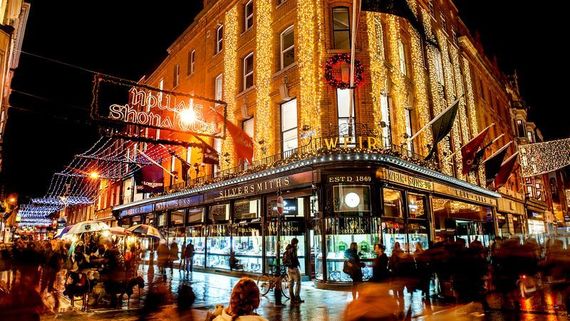
Ireland, for many now, is a very rich country. You can access the world's markets in any one of our glittering capitals and you can buy any goods that match your wallet. You can enjoy fine dining in rarefied settings. You can sit insulated in your leather-bound club or your first class lounge at your local airport and never have to see the mass of your countrymen at all.
The problem is that our political class are all still mired in the traditions and attitudes of the 19th century, the very era we all struggled to escape. The people who write our laws and represent us still come from a cozy inner circle of inherited wealth and status that gets handed on decade after decade impervious to the changes that occur outside in everyday Ireland.
Our main political leaders are in fact factory farmed on a private school to rugby club to top-drawer college to a professional-life conveyor belt. They spend most of their time among their own and less of out it in greater Ireland.
We have a 19th-century political model so, of course, we now have a record-breaking Victorian level of inequality and homelessness. But change is coming very soon. Because Irish people, if they believe in anything, believe in home.
Do you agree? Let us know in the comments section, below.
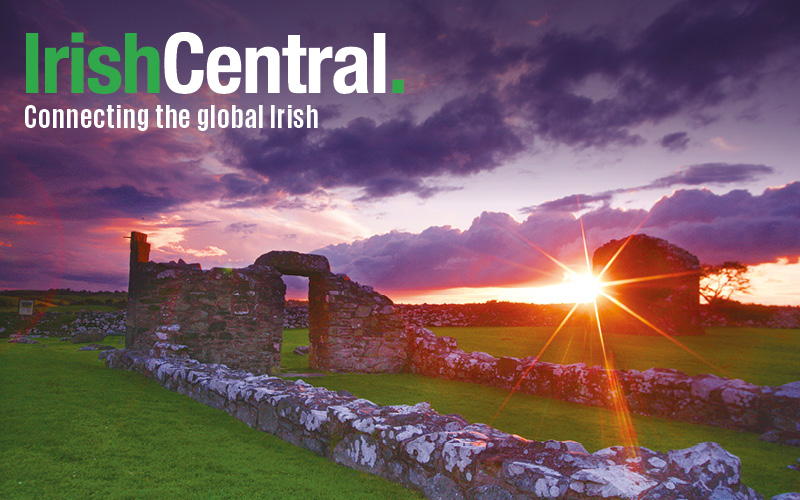



Comments